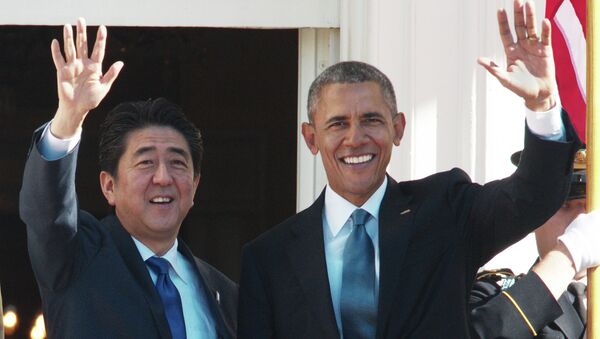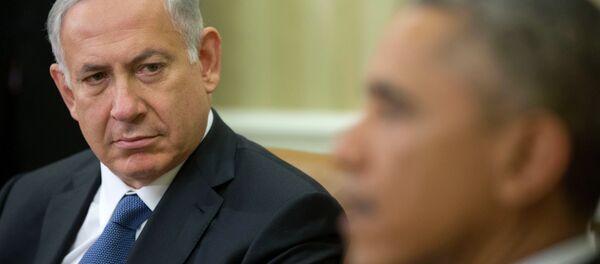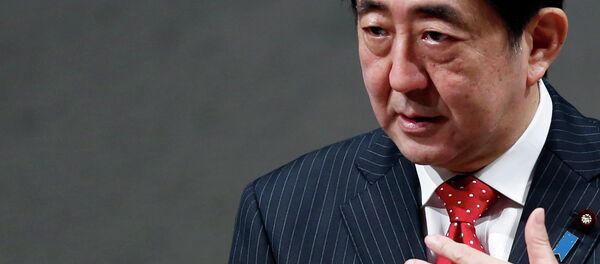"President Obama said he was very sorry…the case caused a big debate in Japan," Chief Cabinet Secretary Yoshihide Suga told a news conference.
Shinzo Abe informed Obama of his "serious concern" about the spying scandal, relayed Suga.
"Prime Minister Abe said that, if the Japanese people concerned were subject to these activities, it would risk jeopardizing trusting relations between the allies."
On July 31, Wikileaks posted five National Security Agency (NSA) reports dating from between 2007 and 2009, including Japan's negotiating positions in the World Trade Organization, memos on the management of diplomatic relations with the United States and the European Union, and Japanese deliberations on climate and trade policy.
"The reports demonstrate the depth of US surveillance of the Japanese government, indicating that intelligence was gathered and processed from numerous Japanese government ministries and offices," said Wikileaks, who also published a list from the NSA of 35 high-profile Japanese targets for wiretapping, which targeted companies such as Mitsubishi and Mitsui, as well as politicians including Chief Cabinet Secretary Suga, Trade Minister Yoichi Miyazawa, and Bank of Japan governor Haruhiko Kuroda.




